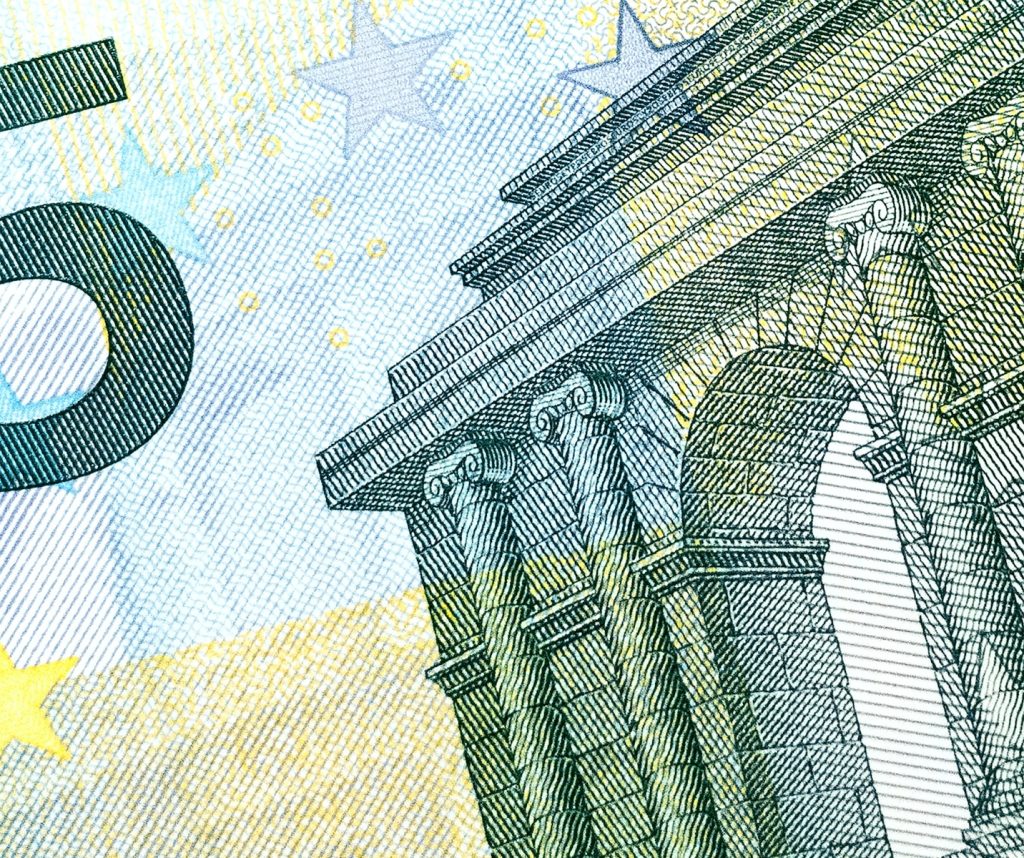Hello there, fellow ethical spenders! I’m Lisa Anderson, and I’ve been on this journey with you for the past four years, exploring the intricate web of ethical spending. Today, we’re diving deep into a fascinating topic that affects not only our wallets but also the very fabric of our society – the ethical considerations in developing financial innovations.
In a world that’s constantly evolving, so is our approach to managing our finances. Financial innovations are the new norm, and they promise convenience, efficiency, and even greater financial opportunities. But behind these enticing advancements lie a host of ethical questions that demand our attention.
So, let’s roll up our sleeves and dig into the ethical dimensions of financial innovations, shall we?
Ethical Innovation vs. Ethical Oversight

The financial landscape has witnessed remarkable changes in recent years, thanks to innovations like robo-advisors, peer-to-peer lending platforms, and cryptocurrencies. These innovations have undeniably democratized finance, offering opportunities to those who were previously excluded. However, they also bring to the forefront questions about the ethics of their development and usage.
Consider the rise of fintech companies that use artificial intelligence (AI) to provide personalized financial advice. On one hand, it’s incredibly convenient and accessible. But on the other hand, there’s a risk that AI algorithms may favor certain financial products, potentially compromising the interests of users. Are these algorithms transparent and accountable, or do they hide biases that could harm consumers? These are pressing ethical concerns we must address.
Transparency and Accountability
One key principle in ethical financial innovation is transparency. Financial institutions and technology companies must be clear about their intentions, practices, and the risks associated with their products. If you’re investing your hard-earned money or entrusting your financial data to a company, you deserve to know how they’re using it and whether they have your best interests at heart.
For instance, the “robo-signing” scandal during the 2008 financial crisis exposed the unethical practices of mortgage lenders who were churning out mortgage documents without proper verification. This lack of transparency led to the suffering of countless homeowners. We must learn from such failures and demand rigorous oversight in the development of financial innovations.
Data Privacy and Security
Another ethical minefield in financial innovation revolves around data privacy and security. The digital age has made our personal and financial information incredibly valuable, and companies are constantly finding new ways to collect and use this data. While data-driven innovations have the potential to revolutionize finance, they also pose significant ethical challenges.
Think about the Equifax data breach in 2017, which exposed the sensitive information of millions of individuals. It served as a stark reminder of the importance of robust data security measures. As we embrace new financial technologies, we must ensure that our data is protected and that companies are held accountable for any breaches.
Inclusivity and Accessibility
Ethical financial innovations should also prioritize inclusivity and accessibility. Financial services should be available to everyone, regardless of their background or economic status. We’ve seen promising developments in this area, with fintech platforms offering microloans to unbanked populations and crowdfunding campaigns supporting social causes.
For example, Kiva, a microlending platform, enables individuals to lend small amounts of money to entrepreneurs in developing countries. This not only promotes financial inclusion but also empowers individuals to make ethical choices with their money, supporting initiatives that align with their values.
Avoiding Predatory Practices
One of the darkest aspects of the financial world is predatory lending. Ethical financial innovation should actively work against such practices. High-interest payday loans and subprime mortgages are notorious examples of how vulnerable individuals can be exploited for profit.
Consider the emergence of “buy now, pay later” services. While they offer convenience, they can also lead to impulse buying and debt accumulation, especially among young consumers. Ethical financial innovations should seek to provide responsible and affordable financial solutions, rather than trapping people in cycles of debt.
Regulation and Oversight
Last but not least, ethical financial innovation should be subject to rigorous regulation and oversight. Governments and regulatory bodies play a crucial role in ensuring that financial products and services adhere to ethical standards. They must keep pace with the evolving landscape of finance to protect consumers and maintain financial stability.
For instance, the Securities and Exchange Commission (SEC) in the United States has started regulating cryptocurrencies and initial coin offerings (ICOs) to prevent fraud and protect investors. Such regulatory efforts are essential in maintaining the integrity of financial markets.

In conclusion, ethical considerations in developing financial innovations are vital for creating a fair, transparent, and inclusive financial ecosystem. As ethical spenders, we have the power to shape the future of finance by demanding transparency, accountability, data privacy, and inclusivity from financial institutions and technology companies. By supporting innovations that align with our values, we can help build a financial world that benefits everyone, not just a select few.
So, as we embrace the future of finance, let’s keep our ethical compasses firmly in hand, ensuring that innovation serves us all, ethically and responsibly. After all, our wallets and our world depend on it.
































